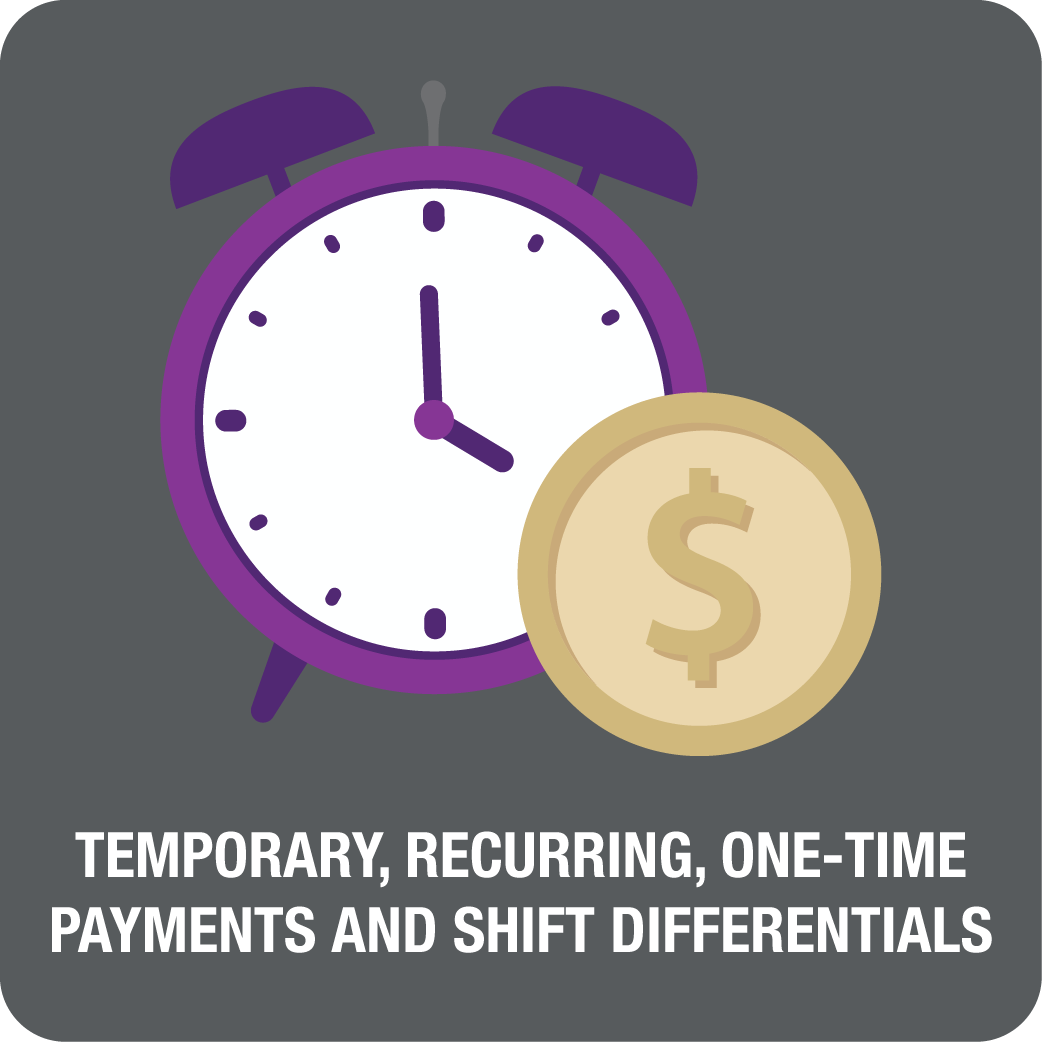System Administration is proud to be able to reward our employees as dynamic business changes happen. This can include vacancies on a team, temporary or project work, or other similar situations. For more details and to request additional compensation options, existing employees and managers can visit the System HR Compensation SharePoint site.
Employee Services





